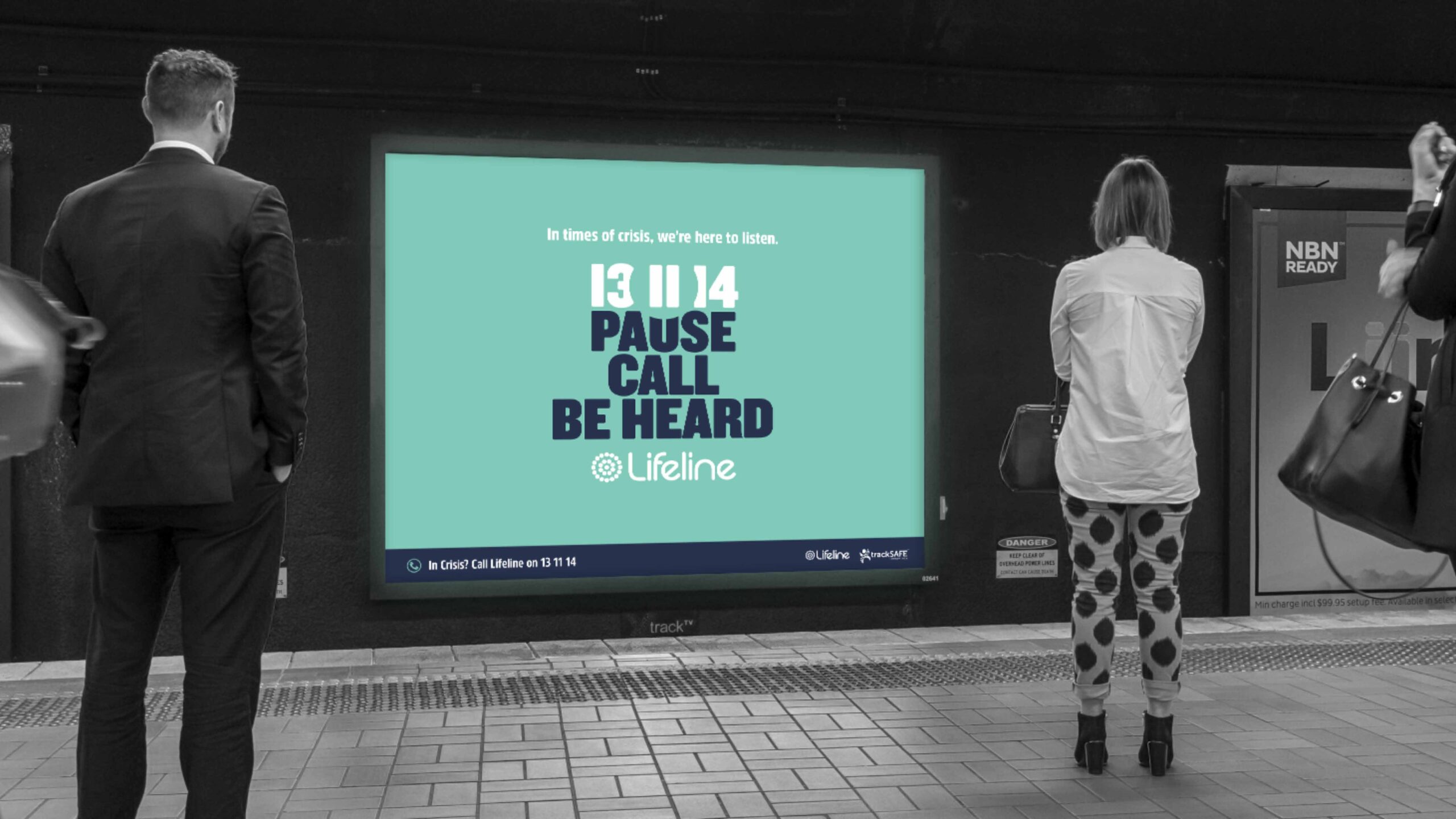Unfortunately, accidents occur on the rail network that can result in injuries and even death.
Witnessing an accident may affect how you feel and think, and your physical wellbeing. Your reaction will be unique to you as individuals respond in their own way.

The impact of witnessing a traumatic event is often referred to as ‘vicarious trauma’. Meaning, even if you were not physically hurt or involved in the event itself, you can still be psychologically affected by what you have seen or heard. Organisations that offer free support and advice for people that have experienced vicarious trauma are listed at the end of this article. Your General Practitioner can also assist.
It can be helpful to accept that it’s normal to have strong reactions to a traumatic event. Give yourself some time to recover.
It is also common to have intrusive thoughts or images about the incident, which may include flashbacks or disturbing dreams. Because such thoughts or recollections are typically distressing, we may attempt to immediately block them out of mind. However, it is usually better to gradually confront what has happened rather than trying to block it out. Thinking about what has happened can be helpful as you begin to process your experiences. It is usually better to acknowledge painful intrusive thoughts at least briefly, even for a few seconds, before redirecting your attention to other things.
Some people will also experience an increase in anxiety symptoms, including disrupted concentration and sleep, or greater irritability. People may feel increasingly concerned about their own and their family’s safety, sometimes becoming excessively vigilant in looking for danger.
These reactions often settle within a month or so, especially if you return to usual routines soon afterward, engage in regular exercise and avoid using drugs or alcohol to cope.
It may also help for you to express how you feel by talking to someone (family, friends, work colleagues, your General Practitioner or any of the services listed below), writing about it or finding a creative outlet to share your reactions. You are also encouraged to draw on your usual social supports, even though you may be tempted to socialise less.
When you might need help
The main warning signs of more complicated reactions to trauma include persistent nightmares about the accident scene, lasting feelings of numbness or unreality, becoming socially isolated, increasing your use of alcohol or drugs, or ongoing domestic arguments. If you experience these reactions it is generally worth seeking specialised help. Counselling can provide you with an opportunity to talk in a safe and confidential environment and may help you find ways of coping with your feelings. Counsellors can also refer you to other agencies for different types of assistance. See the list of organisations below for free services or talk to your General Practitioner.
Even with severe or chronic trauma reactions, people typically experience lasting recovery.
Helping children to cope
Children may also witness a traumatic event. They often react differently to adults, so parents and carers need to be understanding and patient. It is recommended that you seek specialist advice from the services below or your General Practitioner on the best ways to support a child.
Outcome for those involved in the accident
Many witnesses would like to know about the outcome for the person or people involved in the accident. Unfortunately, the rail operator usually does not have this information.
Services that can provide confidential support
| Lifeline | Free support 24/7 Crisis support 13 11 14 Text support is here Online chat is here |
| Beyond Blue | Free support 24/7 Call a counsellor 1300 224 636 Go here for webchat counselling, email and online peer support |
| Kids Helpline | Free service 24/7 with no problem too big or too small Call 1800 55 1800 Chat or email or to join My Circle or find out about the Niggle App – see here |
| MensLine Australia | Free 24/7 counselling for men Call 1300 78 99 78 Online and video chat – go here |
| 13 YARN | Free 24/7 confidential service run by Aboriginal and Torres Strait Islander people Call 13 92 76 |
| Griefline | Provides free grief support and resources Call 1300 845 745 Resources available here |
| Standby | Provides free support to anyone who has been bereaved or impacted by suicide including witnesses Local services are listed here |
| Phoenix Australia | Provides information on trauma and mental health – see here for more information |
If you are a rail employee, contact your Employment Assistance Service for confidential support and information.
Sources:
Beyond Blue https://www.beyondblue.org.au/the-facts/trauma, 9 January 2023
Government of Western Australia, Department of Attorney General, Coping with witnessing a traumatic event, adapted from Victim Services, Attorney Generals Department of NSW
Chris Mackey & Associates https://www.chrismackey.com.au/after-witnessing-a-traumatic-event/ 9 January 2023
3 March 2023